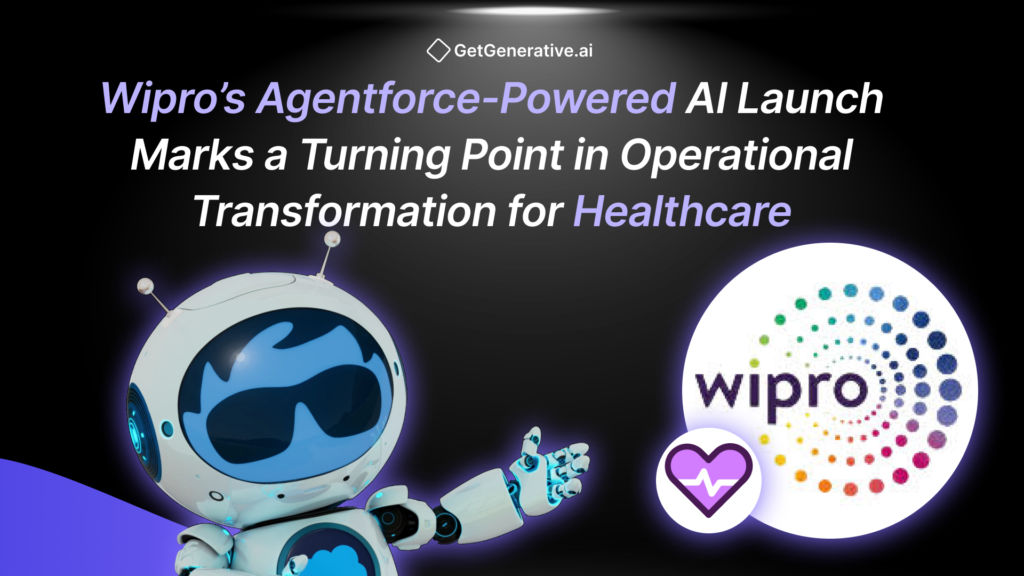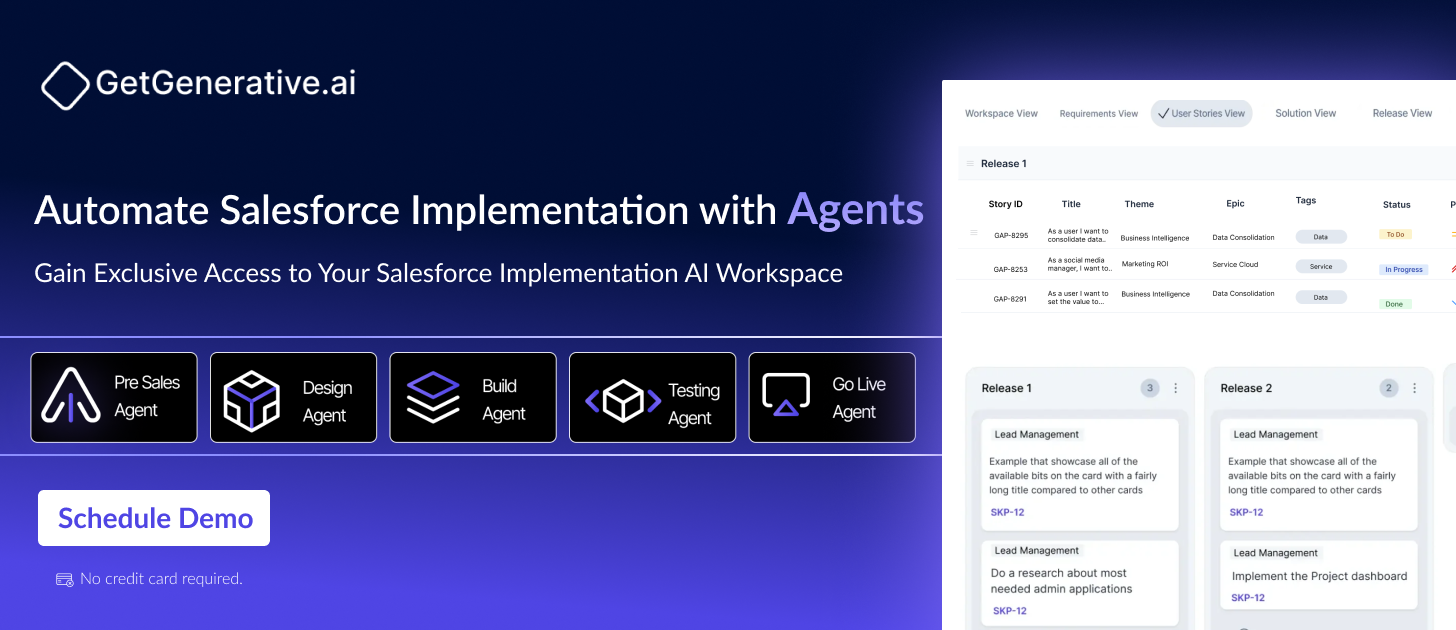Wipro’s Agentforce-Powered AI Launch Marks a Turning Point in Operational Transformation for Healthcare
On March 24, Wipro introduced a focused set of AI-powered agents for the healthcare sector, built using Salesforce’s Agentforce platform. This launch is not about showcasing capability for its own sake. It is a case study in how intelligent automation can remove long-standing inefficiencies in enterprise systems without requiring major structural change.
Targeting Operational Friction in Healthcare Workflows
Wipro’s new autonomous agents are engineered to handle high-frequency, process-heavy tasks that traditionally require human intervention. These include:
- Automated onboarding and credentialing of healthcare providers
- Real-time verification of identifiers such as NPI and CAQH
- Continuous record maintenance with minimal manual oversight
These agents address pain points where administrative drag affects not just operational efficiency, but also the quality of service delivery and regulatory compliance.
In a sector where accuracy and timeliness directly influence patient outcomes, reducing manual load is not just about cost. It is about improving systemic resilience.
Why This Move Is Strategically Relevant
Wipro’s deployment reflects a maturing approach to enterprise AI adoption. Rather than focusing on generalized capabilities, it applies intelligent agents to defined, high-friction workflows where automation delivers immediate value.
This signals a shift from broad digital transformation efforts to precise operational improvements that enhance performance, accuracy, and scalability.
The decision to launch in healthcare is notable. The industry has high regulatory barriers, complex workflows, and limited tolerance for error. Demonstrating results here increases confidence in applying similar solutions across other compliance-heavy sectors.
A Scalable Model for Enterprise Automation
While the healthcare use case is the entry point, the architecture and logic behind these agents can extend across industries. Similar automation patterns can apply to:
- Finance: streamlining KYC and AML verifications and audit preparation
- Logistics: automating vendor onboarding or route validations
- Professional services: enhancing contract lifecycle management or resource allocation
The core principle remains the same. Use autonomous agents to handle rules-based, repeatable processes that drain time, introduce risk, and scale poorly with manual intervention.
The Broader Implication: AI That Works with Existing Systems
One of the most compelling aspects of this announcement is what it does not require. It does not demand infrastructure overhauls or new workflows. The AI agents are designed to work within existing Salesforce ecosystems, making adoption more feasible for organizations that cannot afford disruption.
This highlights an important trend in enterprise AI. Leaders are prioritizing solutions that integrate into current systems and enhance performance without creating friction.
Final Thought
Wipro’s announcement reflects what many forward-thinking leaders are already embracing. AI adoption must begin with clearly defined problems, measurable outcomes, and system-aware implementation.
For executives evaluating where AI can deliver the most value, this move offers a useful blueprint. Solve for process friction first, then scale based on results.
Read Wipro’s official announcement
At GetGenerative.ai, we are focused on transforming how Salesforce implementations are delivered using AI. Our platform enables teams to streamline planning, execution, and delivery by embedding intelligence across the entire implementation lifecycle. Follow us for practical insights, emerging use cases, and the future of AI-driven enterprise delivery.




